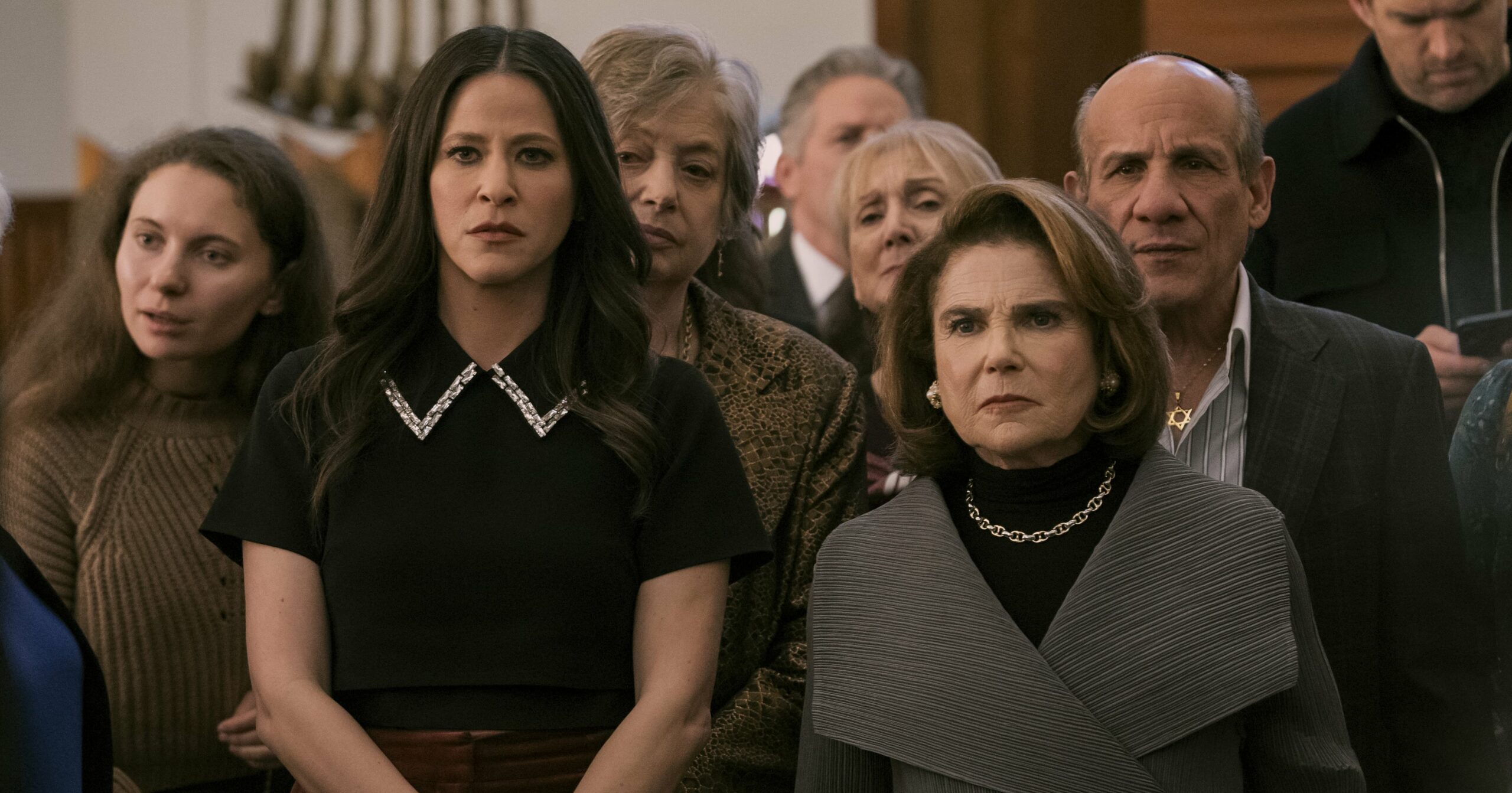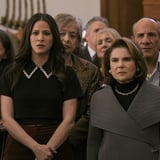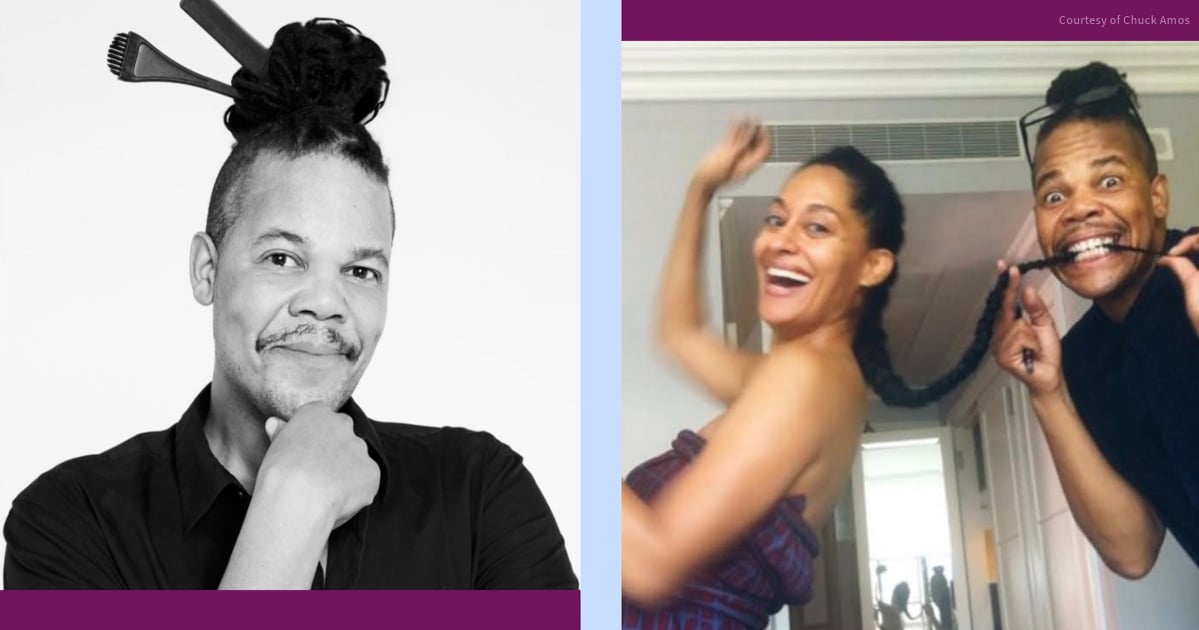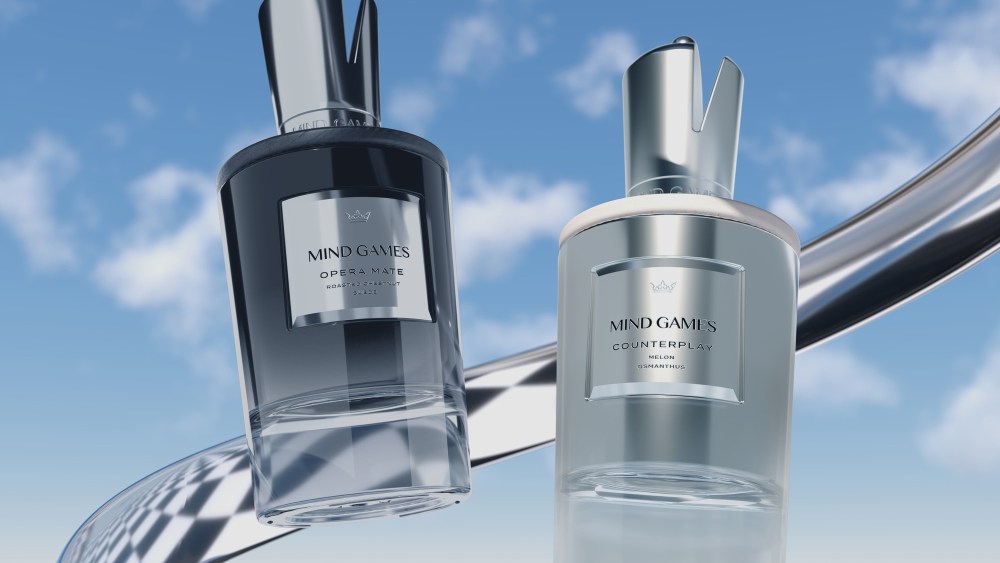At times, “Nobody Wants This” is a really good romantic comedy. Based on creator Erin Foster’s real-life romance, the show follows Joanne (Kristen Bell) and her sister, Morgan (Justine Lupe), successful sex and relationship podcasters. At a party, Joanne meets Noah (Adam Brody), dubbed by the younger members of his congregation as “Hot Rabbi,” and their connection is immediately undeniable. A relationship quickly blossoms between the two of them, but, of course, conflicts arise. Noah is obviously Jewish, and up for the head rabbi job at his synagogue. Joanne is agnostic (though she clarifies she celebrated Christmas growing up).
Bell and Brody’s chemistry makes it easy to fall headfirst into the world created by the show, and it’s not difficult to view the difficulties in their relationship as small hurdles they can get over, as long as they’re getting over them together. The main conflict in their relationship is the fact that Joanne is a “shiksa” (as she is resentfully referred to by most Jewish characters on the show), a problem for future head rabbi Noah. His family is very religious, including his Jewish Russian immigrant parents, his brother, Sasha (Timothy Simons), and his sister-in-law, Esther (Jackie Tohn).
While I fell in love with the love story between Joanne and Noah, the series, for all of its strengths, really suffers from the not-so-pleasant depiction of Jewish women. Where Joanne and Morgan are portrayed as fun, sexy, easygoing, and silly (albeit a little naive), Esther and the other Jewish women on the show are largely portrayed as mean, annoying, and/or nagging – common and hurtful stereotypes.
As the show progresses, it becomes clear that all the Jewish women in Noah’s life – Esther; his mother, Bina (Tovah Feldshuh); and his ex, Rebecca (Emily Arlook) – are against his relationship with Joanne. Instead of portraying this as a nuanced dynamic that’s likely relatable for many families dealing with interfaith relationships, we get scene after scene of the typical “controlling” mother, cruel sister-in-law, and vindictive ex. I don’t think that it’s harmful to imply that a Jewish family would be against a non-Jew marrying into the family, especially in one where religion is so clearly important. What becomes an issue, however, is the fact that there’s no deeper dissection of this. The Jewish women hate Joanne because of her identity and punish her for it; meanwhile, Joanne is open, kind, and excited to join them.
Many social media users and other writers have pointed this out, and Foster herself – who converted to Judaism before marrying her husband – has responded to criticism of the show. As she told The Los Angeles Times, “What I really wanted to do was shed a positive light on Jewish culture from my perspective – my positive experience being brought into Jewish culture, sprinkling in a little fun [and] educational moments about things in Judaism that I love without it being heavy-handed.”
But if the show wants us to understand that Judaism is an amazing religion that helps build community and connects us in ways bigger than ourselves, show us, don’t tell us. For every scene that paints Judaism in a good light, there’s one to do just the opposite. The show seems to believe that as long as it keeps reminding us that Noah is “cool” (he smokes and drinks!), it can continue to peddle over-the-top stereotypes for the Jewish women on the show.
The show forces the audience to come to a negative conclusion about Jewish womanhood when the reality is much different.
As a Jewish woman, it isn’t rare to see stereotypes like this portrayed in the media. The idea of the nagging, overbearing, and bossy Jewish woman isn’t something new, but it is still shocking to see in a show that was purportedly made to represent us positively. In other words, the show forces the audience to come to a negative conclusion about Jewish womanhood when the reality is much different. Why didn’t we get to see more of Esther and Miriam (her daughter) bonding ahead of her bat mitzvah? Why did we spend so little time seeing the entire family engaging in traditions such as a Shabbat, when it’s supposedly so important to them? For characters like Esther or Bina, for whom it’s so important that Noah marries a Jewish woman, why don’t we get to hear more about what Judaism means to them, and why, as strong women, it plays such a huge part in their lives? This is what I see in my life as a Jewish woman: coming together in spite of ourselves for something important, not excluding others.
Sure, I understand that comedies do play into stereotypes for humor’s sake. But think about a show like “The Marvelous Mrs. Maisel,” where the majority of the characters are Jewish. “Maisel” manages to both poke fun at and show deep respect for its characters instead of the casual cruelty that “Nobody Wants This” utilizes often.
Ultimately, there’s truth in what “Nobody Wants This” has to say: Jewish families do prioritize marriage, and there is a lot of weight put on finding someone with similar religious beliefs. Most often, however, this is done from a place of love – something that a romantic comedy should be especially equipped to understand and put on display. In the end, the show’s shallowness hurts Jewish women the most. And nobody wants that.
Miriam Handel is a Texas-based freelance writer specializing in television and film. She graduated with a degree in journalism from the University of North Texas and has been writing professionally for three years. In addition to PS, her work’s been featured in publications such as Cosmopolitan, W Magazine, and The Daily Beast.




